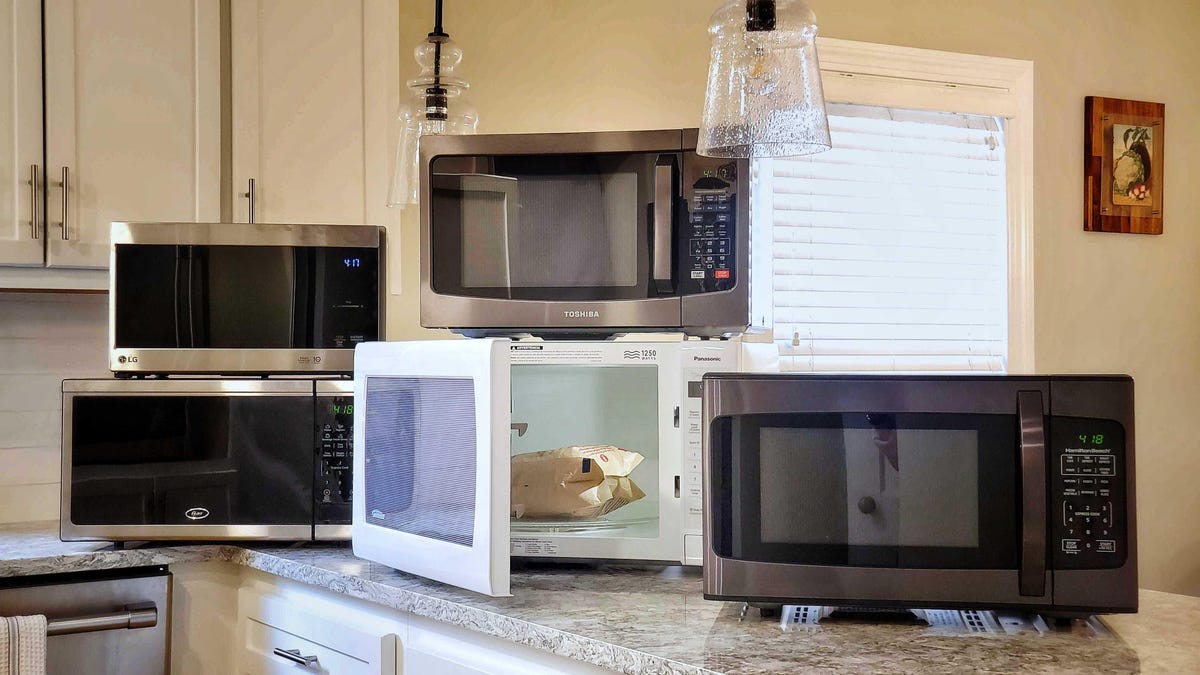Analysts at the US Department of Homeland Security shared an internal report to local agencies in August, warning them about the economic risks of using Chinese utility storage batteries. It warns that the dependence on Chinese batteries could hurt developing a secure supply chain in the US.
The document, first obtained by national security transparency nonprofit Property of the People and seen by WIRED, accuses Chinese companies of “using People’s Republic of China state support to quickly and cheaply enter the emerging US utility battery energy storage industry and create supply chain dependencies on China,” and asks that any suspicious activity be reported.
Specifically, the report alleges three companies—Contemporary Amperex Technology Co. Limited (CATL), Build Your Dreams (BYD), and Ruipu Energy Co. Ltd. (REPT)—have “benefited from the various forms of state support and leveraged this to further business strategies for gaining US market share.”
Currently, CATL and BYD lead the global energy storage battery market by far, with 40 percent and 12 percent market shares, respectively, according to South Korean energy research firm SNE Research. Eight out of the 10 top companies in the industry are from China, so there are few alternatives to turn to when building grid storage.
The report says it builds on previous documents that analyzed Chinese “state-supported firms’ use of noncompetitive tactics in the electric vehicle and battery supply chains.” DHS did not respond to a request for further comment.
In 2022, CATL entered a deal with Primergy Solar to build the largest US solar and storage project in Nevada, which came online this year. Its battery products have also been used by Duke Energy, a North Carolina–based utility company, although the latter dropped CATL as a supplier for marine base electricity storage after concerns around national security were raised by, in part, lawmakers in Washington.
In an emailed statement, Fred Zhang, a CATL spokesperson, rejects the categorization that the firm has relied on state support to gain an edge. “CATL has achieved tremendous growth through continuous innovation, farsighted strategic planning, and a commitment to high-quality products at a reasonable cost,” the statement says.
BYD and REPT did not reply to WIRED’s request for comment.
Following efforts to curb Chinese EV companies’ competitiveness, the US government is now also concerned about how domestic utility companies could become too dependent on Chinese batteries for energy storage.

 1 week ago
6
1 week ago
6




:quality(85):upscale()/2024/10/31/831/n/49351773/b7bf33836723d2f0643c55.51137847_.jpg)



 English (US) ·
English (US) ·